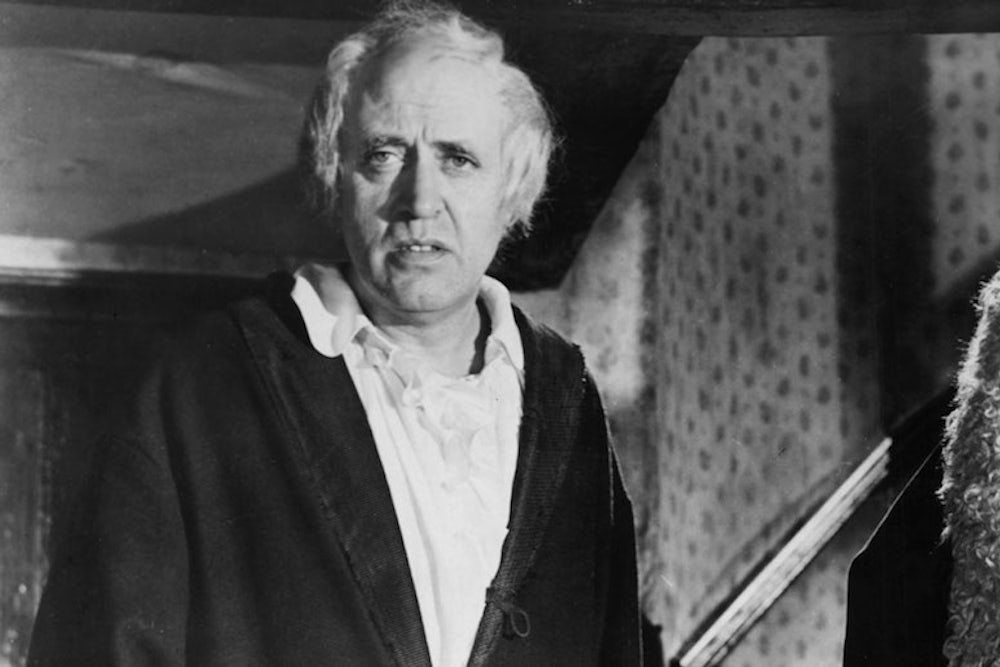The holiday season is that time of year when the news pages take on a softer edge, as editors, photographers, and reporters strive to convey the spirit of fellowship and concern for the less fortunate embodied by the Salvation Army bell-ringers and the end of year charity appeals that fill out mailboxes and in-boxes. The Washington Post ran a short article on a homeless 11-year-old girl named Christmas Diamond (yes, really) who, facing a year without presents, was still thinking dreamily of a paint set she got two years ago; a few days later, the paper ran a heartwarming follow-up on the dozens of gifts that readers had dropped off at her shelter. Many papers ran articles on the plight of the 1.3 million long-term unemployed who lost their extended federal benefits over this past weekend. The New York Times annually outdoes everyone with its “neediest cases” stories, written explicitly as inducements for readers to give to its charitable fund.
It’s enough to make one think we’re turning into a nation of sentimental Tiny Tims. Luckily, we still have the letters to the editor in the Wall Street Journal, whose readers are strikingly eager to give expression to their inner Scrooge even at the peak of yuletide. Consider this remarkable sampling from just the past few days (emphasis added):
…Even if Congress passed a law that decreed all incomes must be equal, the inequality the president laments would continue as individuals spend their equal incomes unequally. Individual choice is fundamental to American freedom and liberty, yet it leads to inequality of outcome. Should the government therefore fix inequality by dictating every choice an individual makes?
The logical terminus of such egalitarianism is totalitarianism.
Patrick Hall
Chattanooga, Tenn.
What's wrong with income inequality? In a society where its most productive members are incentivized to produce as much as they can, the economy grows. The people who benefit the most from economic growth aren't the high-income producers; it is the poor who benefit most. The difference between being unemployed and dependent versus employed and self-sustaining has enormous impact on one's life. If you want to improve someone's life, raising the other guy's taxes or health-care insurance premiums isn't the way to do it. The way to do it is to create jobs.
The doctrine President Obama self-righteously pushes is to strive for income equality. However, morality is a doctrine under which people experience the consequences of their behavior. Disincentivizing wealth creation, which is what President Obama seeks, is immoral and imposes misery on the underclass. That is what we should be discussing.
Michael O'Guin
McKinney, Texas
Barton Swaim ("'Giving Back' to Our Sanctimonious Selves," op-ed, Dec. 20) misses the central insult of the words "giving back." While giving generously to the needy and to the talented is a long American tradition, the term "giving back" suggests a prior "taking away," i.e., theft. That single adverb "back" embodies the core conceit of the modern progressive liberal: that wealth is theft, requiring atonement; that unequal wealth—the fruit of a successful meritocracy—is criminal; that "society" is the only rightful owner of all that any individual can build and earn.
Give back our language!
Phil Harvey
Hampton Falls, N.H.
Mr. Swaim is so focused on questioning the sincerity of our small acts of giving that result from political and corporate marketing during the holidays that he fails to see the detriment that the constant pounding of phrases like "giving back" and "social responsibility" have on a free society.
Since one cannot "give back" what one has not previously received, this phrase implies that society has bestowed wealth on an individual instead of him having created or acquired it from his work and merit. "Giving back" is the twin brother of "you didn't build that." Likewise, one cannot be deemed "responsible" for someone to whom one has no obligation. "Social responsibility" implies that an individual has an obligation toward society, which he must fulfill. That is the cornerstone of socialism.
Mr. Swaim believes that the problem with the "giving back" phenomenon is that nothing is required from the individual but "minor, outwardly visible gestures." On the contrary, let's hope that it stays that way: that nothing is required from the individual and that "giving" always remains a voluntary gesture.
Fiamma Truuvert
London
…The economic reality is that the poorest Americans, with government subsidies and benefits, have better lifestyles today than did the poor at any other time in American history or anywhere else in the world. There is deprivation and pain, but life generally is better. In addition, there still is a remarkable amount of economic mobility in America despite pitiful public schools in most cities and severe cultural disadvantages (e.g., out-of-wedlock births, and low marriage rates) in poor minority communities.
Finally, no matter what we do collectively, we will never eradicate poverty unless Jesus mis-spoke two millennia ago. We can improve safety nets and try to reform public education, but there will always be a bottom 20%....
Jim Fitzpatrick
Hampton, Va.
The cover of the Journal on December 26, the day the first of these letters ran, featured a large photo of altar boys in violet robes standing among the 70,000 people gathered at St. Peter’s Square to hear Pope Francis deliver the traditional Christmas Day message. Francis's message included this line: “Looking at the Child in the manger, Child of peace, our thoughts turn to those children who are the most vulnerable victims of wars, but we think too of the elderly, to battered women, to the sick…”
In other words, to all those people “experiencing the consequences of their behavior.”
Where’s the Ghost of Christmas Yet to Come when you really need him?
